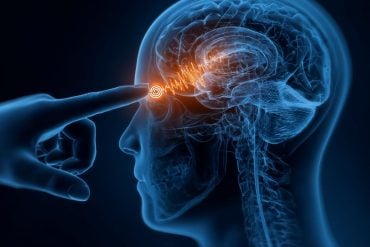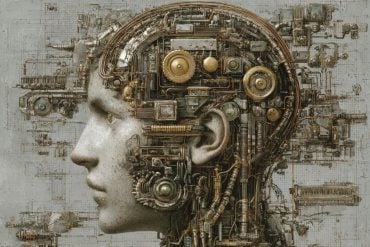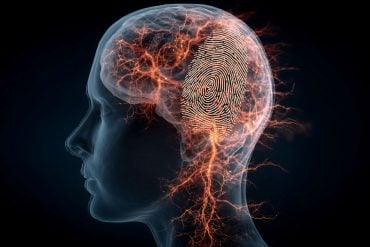Summary: Hippocampal adult-born neurons are responsible for memory consolidation during REM sleep.
Source: University of Tsukuba
The presence of dreaming during rapid-eye-movement (REM) sleep indicates that memory formation may occur during this sleep stage. But now, researchers from Japan have found that activity in a specific group of neurons is necessary for memory consolidation during REM sleep.
In a study published this month in Neuron, researchers from University of Tsukuba and the University of Tokyo have revealed that adult-born neurons (ABNs) in the hippocampus, which is a brain region associated with memory, are responsible for memory consolidation during REM sleep.
Neurogenesis, the process by which new neurons are formed, takes place in the hippocampus throughout the lifespan of animals, including humans. At present, little is known about the contribution of ABNs to memory formation during sleep, something the researchers at University of Tsukuba and the University of Tokyo aimed to address.
“Although ABNs in the dentate gyrus region of the hippocampus are rare and not frequently active, they show heightened plasticity, indicating their potential role in the formation of memories,” says lead author of the study Associate Professor Masanori Sakaguchi. “We wanted to investigate how manipulating ABN activity would affect memory consolidation in freely behaving mice.”
To do this, the researchers exposed mice to a context-specific fear memory task. Then, they recorded activity in specific ABNs across the learning, consolidation, and retrieval stages of memory.
“We found that young ABNs that were most active during REM sleep after the memory task were most likely to have been active during learning,” explains Professor Masashi Yanagisawa, the other senior author of the study. “Further, when we then examined the effects of optogenetic silencing on young ABN activity during sleep, we found that the consolidation of contextual fear memories was impaired.”
Their data represent causal evidence that activity in young ABNs during REM sleep is necessary for memory consolidation. This is an important development as the activity and role of ABNs in memory consolidation during sleep was previously unknown, as was the type of hippocampal neuron responsible for memory consolidation during sleep.

“During learning, specific ABNs may undergo synaptic changes that enable memory consolidation. Further, these synaptic changes may depend on synchronization between specific ABNs and brain oscillations that take place during REM sleep,” says Professor Sakaguchi.
Clarification of these possibilities may lead to a deeper understanding of how memories are formed, retrieved, and consolidated, and could facilitate the development of new treatments for memory disorders.
About this neuroscience research article
Source:
University of Tsukuba
Media Contacts:
Naoko Yamashina – University of Tsukuba
Image Source:
The image is credited to University of Tsukuba.
Original Research: Open access
“Sparse Activity of Hippocampal Adult-Born Neurons during REM Sleep Is Necessary for Memory Consolidation”. by Masanori Sakaguchi et al.
Neuron doi:10.1016/j.neuron.2020.05.008
Abstract
Sparse Activity of Hippocampal Adult-Born Neurons during REM Sleep Is Necessary for Memory Consolidation
The occurrence of dreaming during rapid eye movement (REM) sleep prompts interest in the role of REM sleep in hippocampal-dependent episodic memory. Within the mammalian hippocampus, the dentate gyrus (DG) has the unique characteristic of exhibiting neurogenesis persisting into adulthood. Despite their small numbers and sparse activity, adult-born neurons (ABNs) in the DG play critical roles in memory; however, their memory function during sleep is unknown. Here, we investigate whether young ABN activity contributes to memory consolidation during sleep using Ca2+ imaging in freely moving mice. We found that contextual fear learning recruits a population of young ABNs that are reactivated during subsequent REM sleep against a backdrop of overall reduced ABN activity. Optogenetic silencing of this sparse ABN activity during REM sleep alters the structural remodeling of spines on ABN dendrites and impairs memory consolidation. These findings provide a causal link between ABN activity during REM sleep and memory consolidation.
Feel Free To Share This Neurogenesis News.






